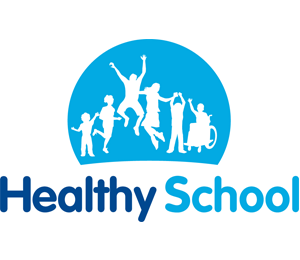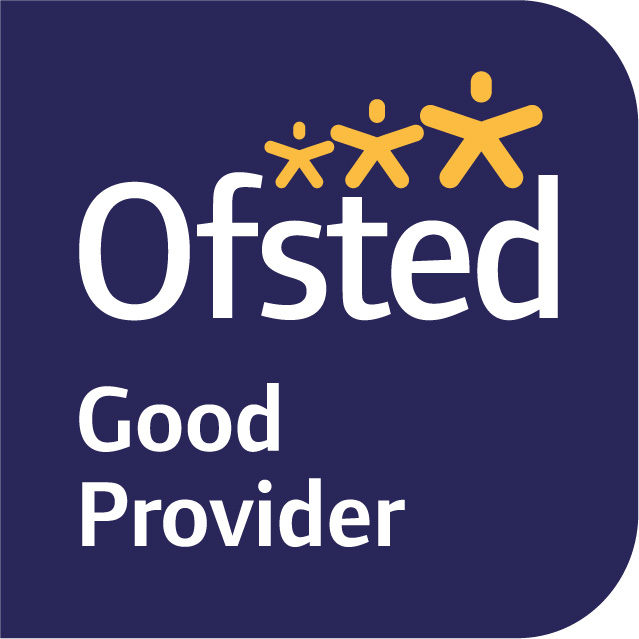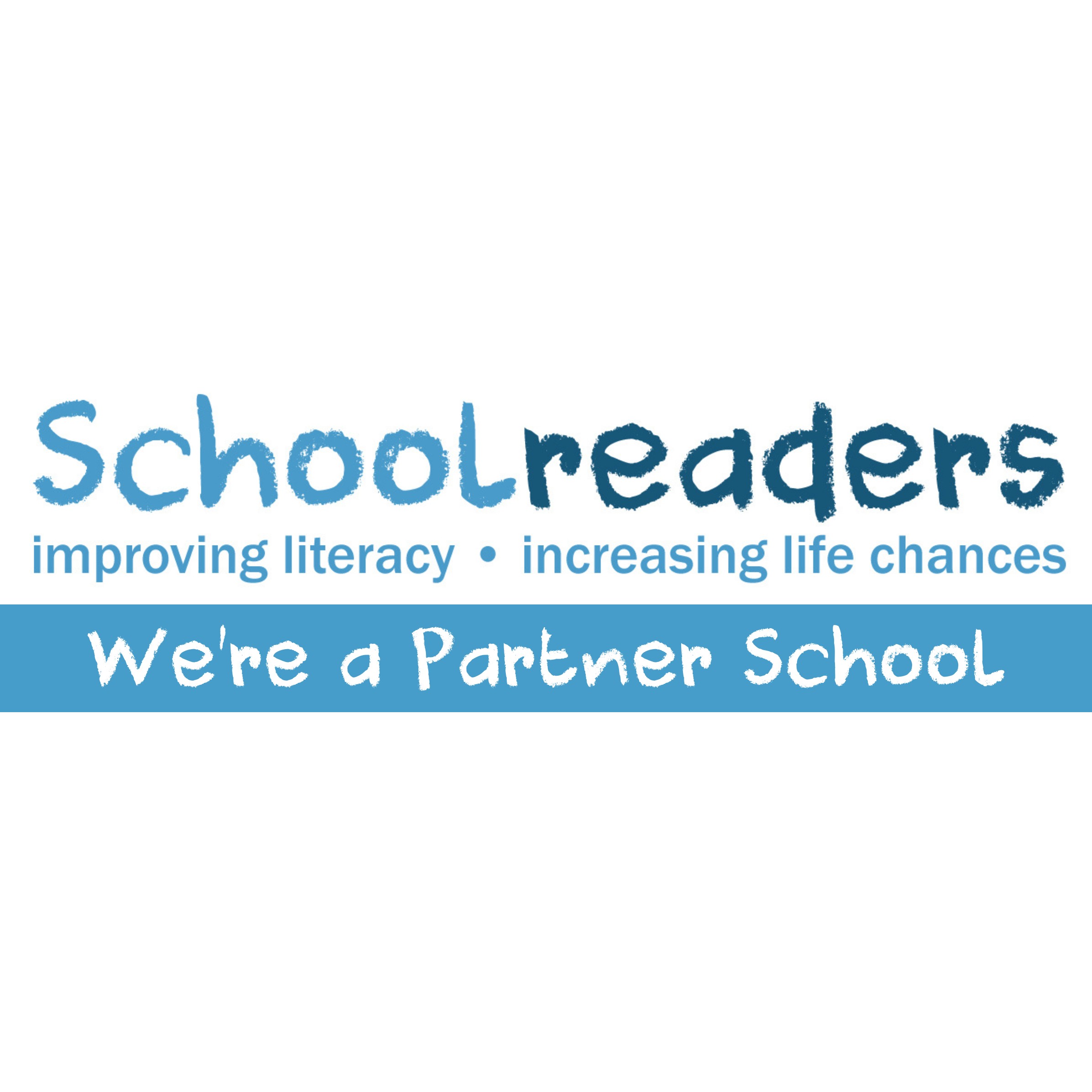Reading
Our Intent: Why our curriculum looks like this
At Green Lane we believe that all pupils should have the opportunity to be fluent, confident readers who are able to successfully comprehend and understand a wide range of texts. We want pupils to develop a love of reading, a good knowledge of a range of authors, and be able to understand more about the world in which they live through the knowledge they gain from texts. By the end of their time at primary school, all children should be able to read fluently, and with confidence, in any subject in their forthcoming secondary education. We do not put ceilings on what pupils can achieve in reading and we do not hold pre-conceptions about any pupils’ ability to make progress. We understand the importance of parents and carers in supporting their children to develop both word reading and comprehension skills, and so we want to encourage a home-school partnership, which enables parents and carers to understand how to enhance the skills being taught in school through good quality texts.
What are the aims of the Green Lane Curriculum for Reading?
The Green Lane Curriculum for Reading follows the aims of the National Curriculum to ensure that all pupils:
- read easily, fluently and with good understanding
- develop the habit of reading widely and often, for both pleasure and information
- acquire a wide vocabulary, an understanding of grammar and knowledge of linguistic conventions for reading, writing and spoken language
- appreciate our rich and varied literary heritage
- use discussion in order to learn; they should be able to elaborate and explain clearly their understanding and ideas
Reading Subject Content:
Reading at both Key Stage 1 and Key Stage 2 consists of 2 dimensions:
- word reading
- comprehension (both listening and reading)
It is essential that teaching focuses on developing pupils’ competence in both dimensions; different kinds of teaching are needed for each.
Skilled word reading involves both the speedy working out of the pronunciation of unfamiliar printed words (decoding) and the speedy recognition of familiar printed words. Underpinning both is the understanding that the letters on the page represent the sounds in spoken words. This is why phonics should be emphasised in the early teaching of reading to beginners (ie unskilled readers) when they start school.
Good comprehension draws from linguistic knowledge (in particular of vocabulary and grammar) and on knowledge of the world. Comprehension skills develop through pupils’ experience of high-quality discussion with the teacher, as well as from reading and discussing a range of stories, poems and non-fiction. All pupils must be encouraged to read widely across both fiction and non-fiction to develop their knowledge of themselves and the world they live in, to establish an appreciation and love of reading, and to gain knowledge across the curriculum. Reading widely and often increases pupils’ vocabulary because they encounter words they would rarely hear or use in everyday speech. Reading also feeds pupils’ imagination and opens up a treasure house of wonder and joy for curious young minds.
It is essential that, by the end of their primary education, all pupils are able to read fluently, and with confidence, in any subject in their forthcoming secondary education.
Implementation and Impact: How do we teach our Reading curriculum and what is the purpose of our Reading curriculum?
| IMPLEMENTATION | IMPACT |
| Phonics The systematic teaching of phonics has a high priority throughout Foundation Stage and Key Stage 1. Phonics is taught daily to all children in Foundation Stage, Year 1 and those in Year 2 who have not passed phonics screening in Year 1. Staff systematically teach learners the relationship between sounds and the written spelling patterns, or graphemes, which represent them. Phonics is delivered in a whole class format because it enables staff to ensure application across subjects embedding the process in a rich literacy environment for early readers. Intervention is planned for those children who are working below expected levels. Sounds Write is used as the spine for delivery of the phonics sessions, giving us a consistent approach to phonics across year groups. Pupils will be given Reading books which closely match the phase of phonics that they are currently working within. Reading Fluency Reading forms the core of our curriculum. All children read are read to often from a wide range of sources including fairy stories, a range of poetry and archaic texts. This ensures that the skills associated with reading fluently are modelled regularly and effectively to help children develop a love of reading. Reading Scheme – school uses a variety of different reading schemes to provide a wide variety of appropriate quality texts for children to read covering all genres. Schemes incorporated into our reading provision include: Sounds Write, Oxford Reading Tree and Project X Curriculum: core of curriculum books are selected by teachers with the knowledge of how they link to other areas of the curriculum. Individual Reading – all children in Foundation Stage and Year 1 read individually to an adult each week. Throughout school a minority of children will continue to read with an adult either 1 to 1 or in a small group as a form of intervention. Home Reading – all children are expected to read at home and take home reading books. All children in EYFS and KS1 take home 2 books (a reading book and a ‘bedtime story’ to share with parents). Reading cards are signed daily by parents to support in monitoring home reading. KS2 Library Areas – All children visit their Year group library each week and choose a book to read at home for pleasure. Reading comprehension Whole Class Reading Sessions are planned by all teachers to teach a range of skills and techniques which enable children to comprehend the meaning of what they read and develop their understanding of the vocabulary used by authors Reciprocal reading is used as a structured approach to exploring texts both in specific reading sessions and in the broader curriculum. This allows us to teach specific strategies (Questioning, Clarifying, Summarising and Predicting) that improve reading comprehension. A range of question types are used to teach key reading comprehension skills, with time given for children to apply these independently. These questions repeatedly cover the key skills of Vocabulary, Retrieval and Inference. | Children will make at least good progress in Reading, Writing and Speaking and Listening from their last point of statutory assessment of from their starting point in Nursery. Children will use their English knowledge and skills, in all curriculum areas, to enable them to know more, remember more and understand more. Children will have a love of Reading and be able to read and discuss an increasingly wide range of fiction, poetry, plays, non-fiction and reference books or textbooks Children make at least good progress in Reading from their last point of statutory assessment or from their starting point in Nursery. Children will use their Reading skills as a key tool in helping them to learn, and as a result, know more, remember more and understand more. |
Pedagogy
| Our Teaching Sequence |
| Introduce the text, making inferences and prediction and activating any prior knowledge around potential topics Brief review of relevent learning covered in previous lesson Specify key vocabulary to be used and its meaning Reciprocal Reading to access the text (Predict, Clarify, Question, Summarise) Identify and model key comprehension skill Independently use and apply key comprehension and question type skills Evaluate their learning and feedback key points |
| Possible Pedagogical Approaches used in Reading |
| Direct teacher instruction; modelling of skills and techniques; demonstration Inquiry-based learning; Teacher modelling; mix of individual, paired and group instruction Pupil-led learning; opportunities to showcase learning Being introduced to the key, text appropriate, vocabulary that an author would use; defining the key vocabulary that a historian would use; high expectations of pupils ‘talking’ like an author ; high expectation of pupils reading, interpreting and presenting as an author. |
Please click here to view our Progression of Skills for Reading.






